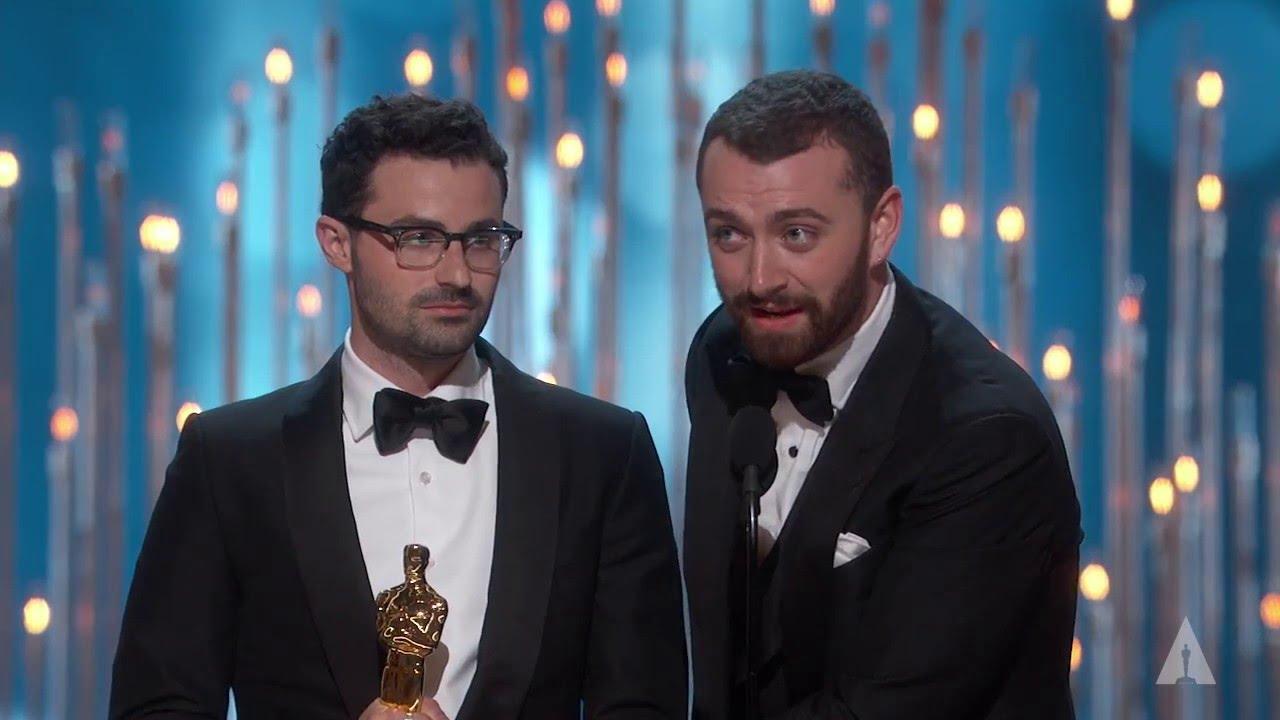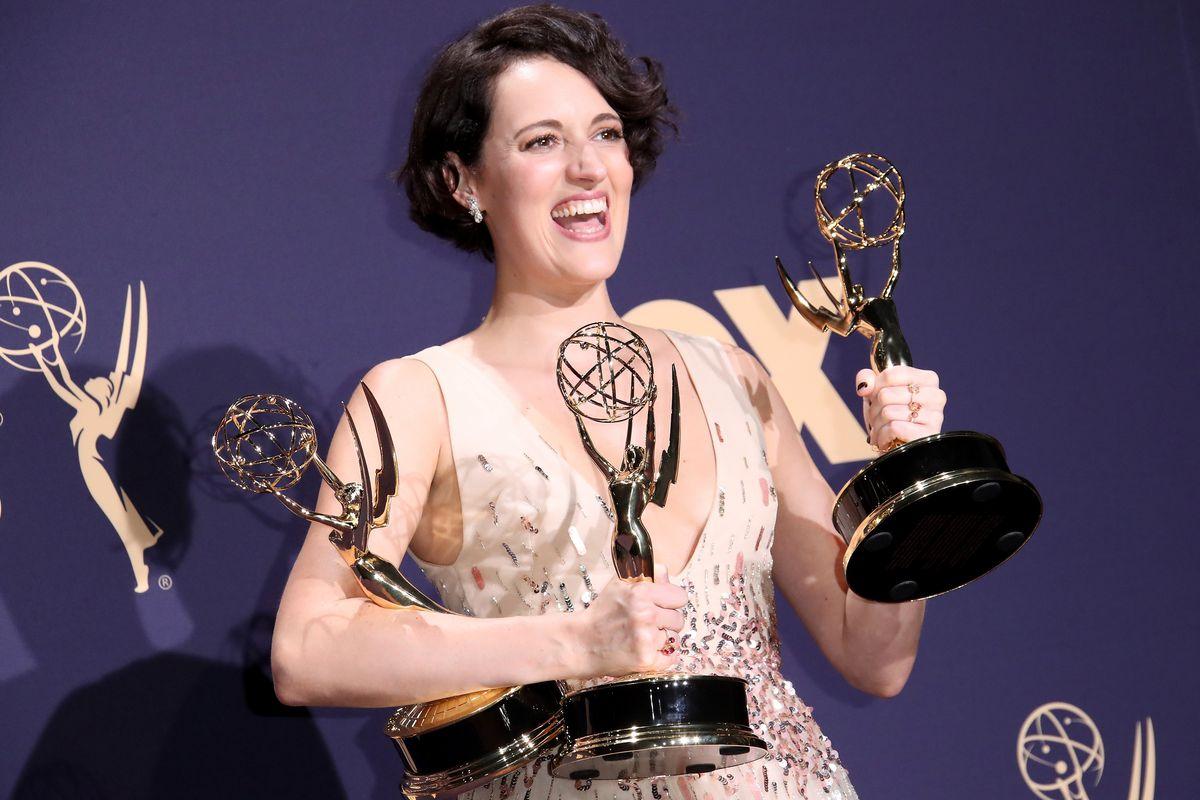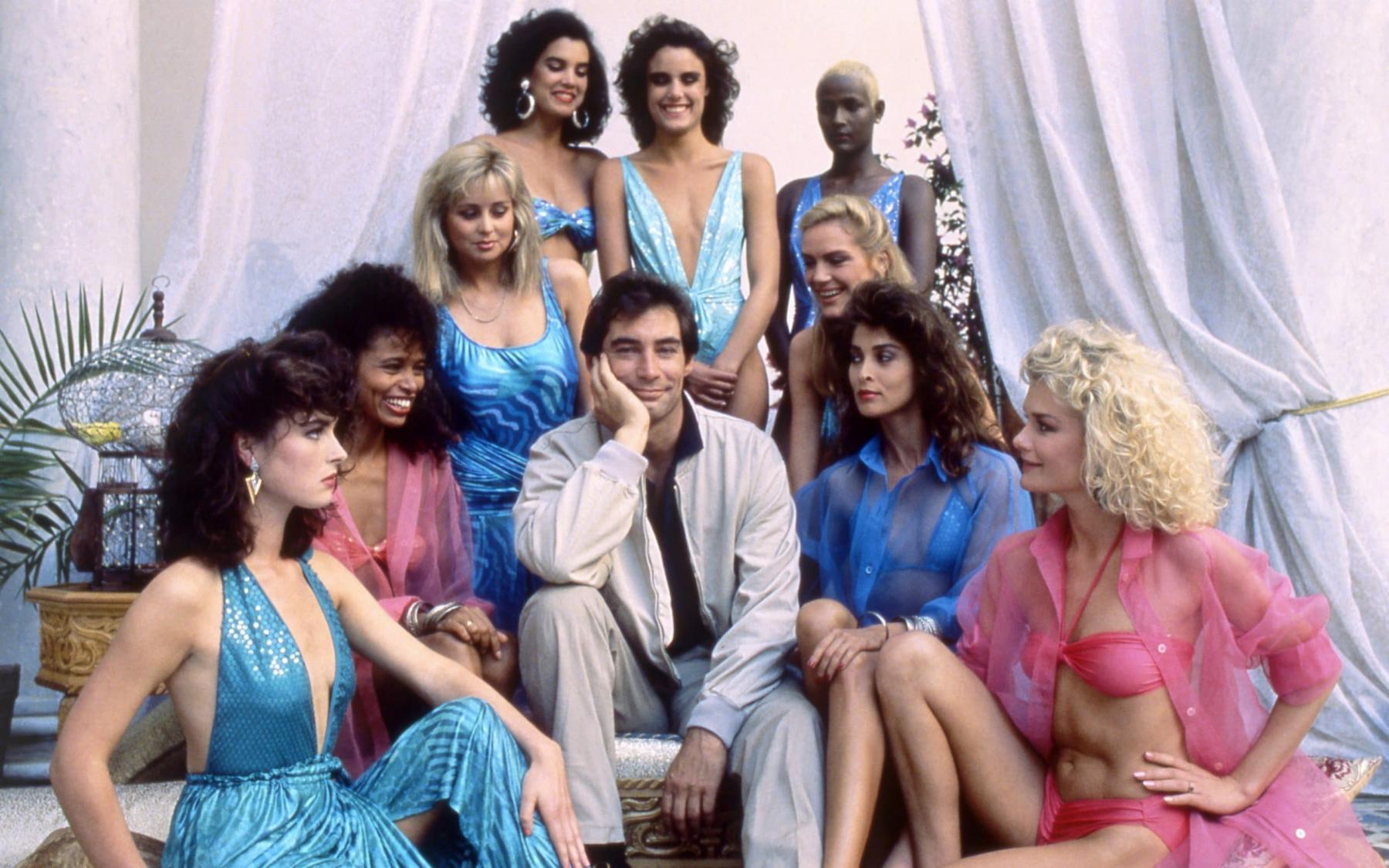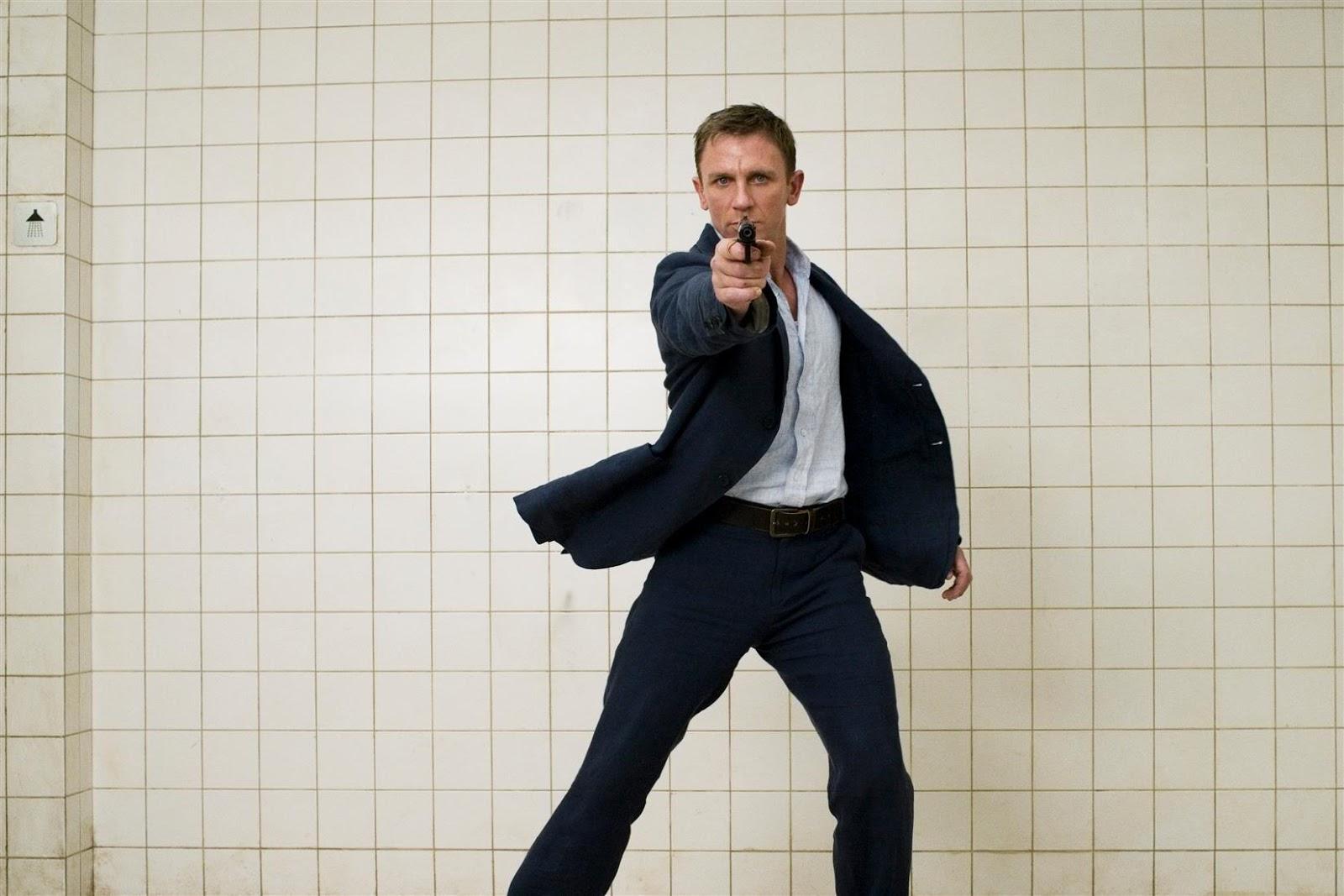Stop getting Bond wrong
Recently, there has been a lot of nastiness in online discussions about Bond. It probably all started with the idea of Idris Elba as taking the role. Most of the scathing comments began with:
"I'm not a racist but..."
As we all know, that is precisely the way most really racist comments start.
It was shocking — positively shocking. Blatant racism is still deeply rooted in the middle of society, and we live in a climate in which people think it's not a problem to openly share these views.
Then Eon dared to give the 007 number to a black woman. At that point, a lot of the discussion again turned very nasty. It was foolish. Some people can't understand that she will be playing 007, not James Bond — and only temporarily. For Bond Fans Only Editor Joe Emery shared a photo of a topless Sam Smith. You'd think the FBFO forum was called Homophobes R Us and not For Bond Fans Only.

That led to the question: what makes a typical Bond fan? Are we really a bunch of bigoted, racist, homophobic, and sexist dinosaurs? First of all, Bond appeals to a wide range of people from all walks of life, countries, genders, and age groups. Or as a gay friend once put it: "I have no idea why Bond works for me". I believe one of the reasons is that Bond has evolved over the years and the series is like a pick 'n' mix with something for everybody.
I also believe that the evolution of Bond shows changing attitudes in our respective societies. We know from Fleming (Quantum of Solace) that Bond is a liberal rather than a conservative. There has been a lot of discussion about whether Fleming was racist and sexist. Judging by our standards, he probably was. Judging from '50s/'60s standards, he wasn't. Black people simply didn't exist in the mainstream at the time.
So did Fleming write James Bond as a white man? Not necessarily. Fleming wrote Bond as a product of the establishment. That is essential to the character, but being white isn't. A black Bond wouldn't necessarily mean being unfaithful to Fleming's Bond. People from ethnic minorities have a different place in society now.
There is also the argument that Fleming advocated rape or at least violence towards women. Yes, that is true. However, Fleming was into BDSM, and his writing is more about that than about his general attitude towards women.
Incidentally, these aspects of the Bond novels were heavily censored when they were first published in Germany, to the degree that made them more of a retelling of the original story. If you read the description of some women, especially their bottoms, it becomes self-evident that Fleming was a public schoolboy. If we read John Gardner's Bond, we can clearly see that it is Fleming's character, but he has evolved with the times.
In Raymond Benson's novel, Bond is — to put it mildly — not a round character. All later attempts at writing Bond show a literary 007 faithful to the original with subtle differences.
It'll be interesting how the non-sexist Bond of Phoebe Waller-Bridge will turn out. I don't think it'll work because secretly we all (apart from For Bond Fans Only member Philip Whitfield) want to be the guy who can have them all. Is that so bad? It is escapism, and we all know that it's real life.

I know that my secretary is not secretly lusting after me. I know that I cannot lure a woman into bed by saying:
"In the meantime, how do you kill five hours in Rio if you don't Samba?"
Also, Bond films reflect changing attitudes. Let's face it, Bond was a bit of a shit in the beginning. He sleeps with a woman, has her arrested, and then shoots a man in cold blood. All within a couple of hours. But that was precisely the appeal early on. It was not so much the gadgets or the girls but a character who broke the rules.
Dr No showed that audiences wanted something else than the formulaic Hollywood heroes they were used to. Bond was all that. Of course, they toned it down after From Russia with Love because by then, Bond had become a commodity that needed mass appeal.
By the end of the 1960s, attitudes towards authority and the state had changed. So to some degree, George Lazenby was right when he decided that there would be no future for Bond. At least not for the Bond of the 60s.
The world was no longer black and white. Governments were seen as oppressors or instruments of capitalism. War crimes were suddenly committed, and secret services were exposed with all their dirty tricks. So a patriotic tough-guy agent would be seen as naive at best. The tonality of the films changed utterly. More emphasis was put on outlandish plots and humour. Connery tried it in the cringeworthy Diamonds are Forever.
When Roger Moore took over, the producers chose a Bond in his mid-forties, which made it clear that he was not going to be a very physical Bond. So there was an emphasis on humour rather than action. To some extent, Bond had become a comedy with action elements.
Both Live and Let Die and The Man with Golden Gun jumped on the bandwagon of popular genres at the time: blacksploitation and martial arts. This "me too" strategy exemplifies the insecurity of where to take Bond in the early 70s. The Spy Who Loved Me was a comeback for the 60s escapism with all the trimmings a Bond film needs. There were posters in Germany marketing the film as a comedy at the time.
Moonraker again cashed in on the popularity of science fiction, but apart from the superb For Your Eyes Only, Roger's Bond was more comedy than action. I think this pretty much shows that attitudes to authority had changed to the extent that it was almost impossible to take a representative of the establishment seriously. This changed in the Reagan years when heroes like Rocky and Rambo made jingoism fashionable again. But by that time, Roger was definitely too old to be an action hero.
When Timothy Dalton took over, Gardner had re-established Bond as a literary figure, and the producers went for a more realistic spy. The time was probably not right, and the contrast to Roger (especially in the last two films) was too big. You can only stretch a character so much in a certain period. But you can observe a different attitude towards sex and women. Dalton was the AIDS era Bond, and they had to tone down Bond's womanising.

Pierce Brosnan was the first post-cold war Bond. GoldenEye was a fast-paced action film with a suave Bond that used the backdrop of a collapsed Soviet Union. Brosnan polarizes, which surprises me because I had always thought he was the best and most obvious choice for the role. His films were somewhat uneven; producers and directors never managed to find a defining tone.
At times, Bond was tough and very close to Fleming's Bond — the hotel scene in Tomorrow Never Dies or the beginning of Die Another Day. At other times, they tried to out-Roger Moore. Bond plots were always somewhat convoluted and often not plausible, but Die Another Day took that to a new level.
Having said that, I'm puzzled that the quality of the scripts in Daniel Craig's film, or rather the lack of it, is hardly ever discussed. Skyfall is a prime example of a mix of implausibilities, contradictions, and a lack of originality.
Craig is the post 9/11 Bond in a world where anything goes. Director Tom Tykwer (The International) called him "the Guantanamo Bond", referring to the torture of Mendel. But it was not just the rules of the world that had changed. For Craig, the rules of the series also did not apply. Martin Campbell was the last seasoned Bond director to make an entry in the series.
Just like with Roger Moore, the producers seemed to be uncertain where to take Bond. Both physically and as a character, Craig's Bond had very little to do with Fleming's Bond. Gone was the snobbish sophistication, the womanising — indeed Bond seemed to be entirely out of his depth with women. Also, a lot of elements of classic Bond films had vanished to the extent that SPECTRE did not even use the James Bond theme. I cannot understand why anyone would not use one of the most iconic tunes in cinematic history.
The editing after Casino Royale was hectic, trying to copy cutting edge directors. The plots were outlandish and very poorly executed. I assume that the pace of the films led to a lot of people not noticing the giant plotholes.

Skyfall was very strange in terms of trying to do something new (whatever that might have been) and yet having a lot of references to the old Bond films. SPECTRE was the complete opposite by eliminating almost any reference to the previous films. SPECTRE took itself very seriously but was practically a parody of spy films, especially in the scenes at Blofeld's hideout. Bond's ability to kill people and blow up things reminds one of the cheap 60s B movies when Eddie Constantine hits at least three bad guys with one bullet.
Are they getting Bond wrong? Yes. And I wouldn't be surprised if Bond 25 is the last one, because I think they have no idea where to take the character.
So to get back to the initial question: is there an archetypal Bond fan? Well, the panic that Bond will be changed beyond recognition is totally over the top.
The character and the films have changed over the years, dramatically so. Yet Bond survived and managed to stay relevant for the entertainment of each era.





